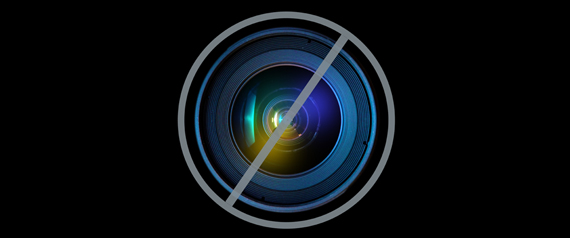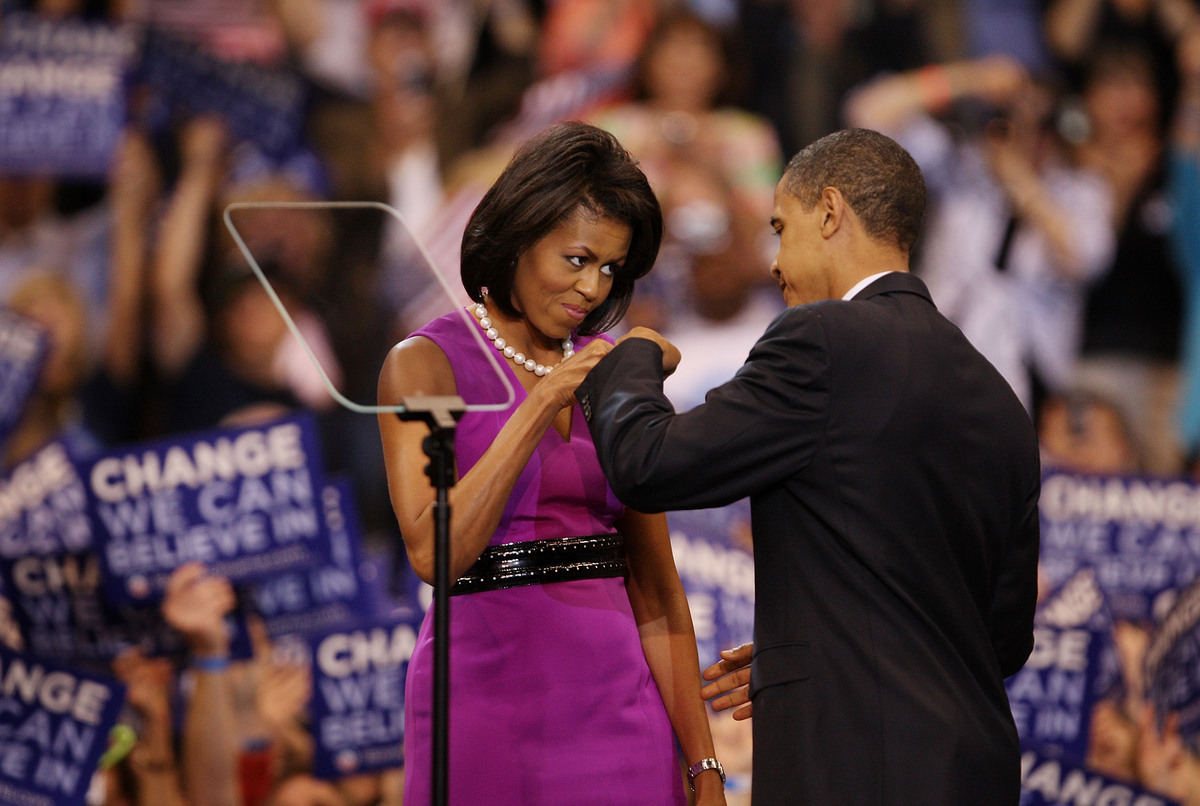
attribution: REUTERS
Who would have figured that these would be the good old days for Republicans? According to the latest survey by Selzer & Co. for Bloomberg News, Americans seem to like President Obama's second-term approach of saying what he wants and fighting for it:
Fifty-five percent of Americans approve of Obama’s performance in office, his strongest level of support since September 2009, according to a Bloomberg National poll conducted Feb. 15-18. The poll, which had a margin of error of ±3.1 percent, found Republicans in far worse shape:
Only 35 percent of the country has a favorable view of the Republican Party, the lowest rating in a survey that began in September 2009. The party’s brand slipped six percentage points in the last six months, the poll shows To put that six point drop in perspective, six months ago Mitt Romney had just returned to the U.S. from his disastrous #Romneyshambles tour and was preparing to get introduced to the country by Clint Eastwood speaking to an empty chair. But now, somehow, the GOP has figured out how to sink their brand even deeper.
Poll: Obama Leads GOP In Public Opinion
The Huffington Post
|
By Ariel Edwards-Levy
Posted: 02/21/2013 11:06 am EST | Updated: 02/21/2013 11:26 am EST
President Barack Obama has a public opinion edge on the GOP as he charts out his second term and delves into yet another fiscal showdown, a Pew/USA Today poll released Thursday finds.
The debate over the sequester has drawn less attention than previous negotiations over the "fiscal cliff," and Americans are more willing this time to see automatic cuts go into effect. One constant, however, remains: Should the negotiations fail, Congress is poised to shoulder most of the blame. Nearly half of Americans said Republicans in Congress would be at fault if a deal isn't struck, while fewer than a third said Obama would be.
While majorities in both parties wanted to avoid the cliff, opinions are more split on the sequester -- 40 percent say Obama and Congress should let automatic cuts go into effect if they can't reach a deal, compared to 49 percent who say the cuts should be delayed.
Obama's post-election bounce in job approval has largely held, but a near-record two-thirds of Americans disapprove of Republican leaders. While 88 percent of Democrats support the president, Republicans are evenly split on whether their party's officials are doing a good job. The president is favored over the congressional GOP by wide margins on immigration and climate change, and, to a lesser extent, on gun policies and the budget deficit.
Some of that, however, is relative. Obama received less than majority approval for his handling of a wide range of issues, from foreign policy to immigration, climate change and immigration. His approval is slightly underwater on gun policy, and substantially so for his work on the economy and the deficit.
Another challenge: The public is considerably more worried about tackling the deficit than about taking on the major gun control, immigration and climate change initiatives outlined in his speech.
The Pew/USA Today poll surveyed 1,504 adults by phone between Feb. 13 and Feb. 18.



